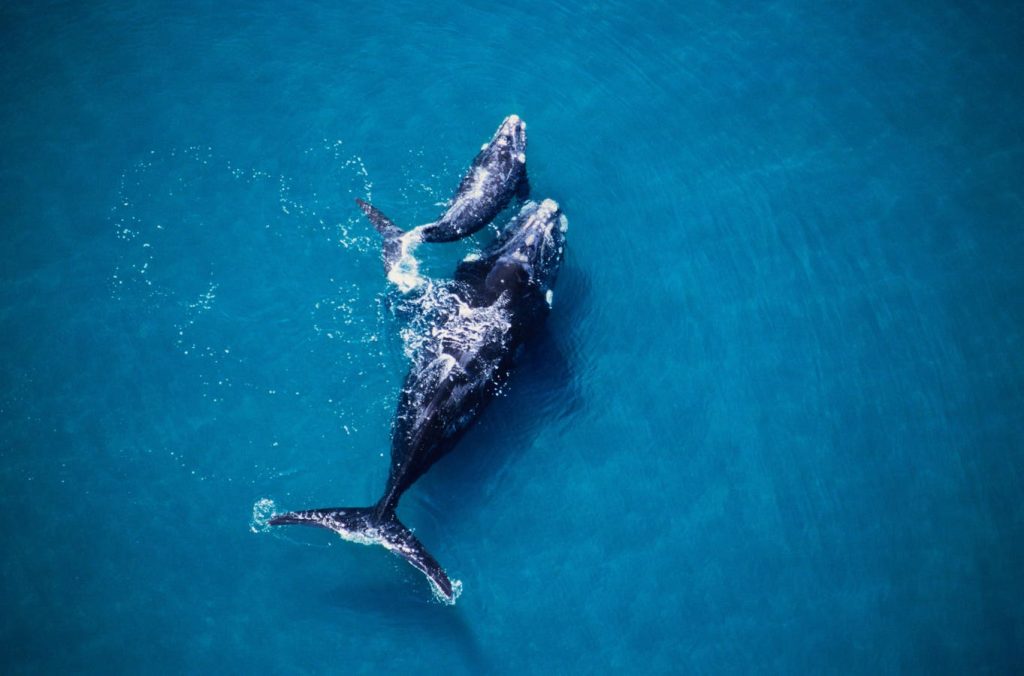Business leader Andi Cross, a growth strategist, divemaster, and founder of impact consultancy WILDPALM, as well as the Edges of Earth expedition lead, shares insights on the economic and cultural significance of wildlife in their natural habitats. Cross emphasizes that alive wildlife holds more value than dead, not just ecologically but also economically, as seen in industries like whale watching in Iceland and manatee tours in Florida. These industries attract tourists who are willing to pay to witness these animals thriving in the wild, showing real implications for businesses in prioritizing sustainability and conservation efforts.
Cross highlights examples from around the world, such as the transformation in shark fishing communities in Indonesia, where conservation efforts are replacing traditional hunting practices with ecotourism opportunities. Similarly, efforts in Florida to protect the manatee population from the threat of boat strikes amidst the surge in staycations during the pandemic showcase how sustainable tourism can engage locals and promote environmental stewardship within communities. This shift towards conservation is further evidenced by increased consumer interest in environmental conservation observed by tour operators in Florida during the pandemic.
Collaborations between organizations like Save the Manatee Club and ecotourism providers in Florida, such as Get Up and Go Kayaking Weeki Wachee, play a crucial role in educating others and providing essential training on conservation issues. Cross emphasizes the importance of embedding sustainability into business strategies, promoting community development, and ecosystem preservation. By adopting a vision where tourism and conservation go hand in hand, businesses can drive economic benefits while ensuring the survival of precious species and ecosystems.
Cross advises leaders, entrepreneurs, and policymakers to prioritize sustainability in their business strategies by actively contributing to the regeneration of the planet through conservation efforts and supporting sustainable tourism practices. Rewiring business plans to include corporate social responsibility and environmental tenets and committing to transparently demonstrate sustainability efforts will align businesses with consumer demand for sustainable experiences and products. The time to integrate conservation into business models is now, as prioritizing the planet’s health is essential for long-term success and prosperity.
As businesses across all sectors are pressured to reassess their environmental impact and demonstrate genuine environmental commitment, the success of regional businesses excelling in sustainability provides a roadmap for contributing to a prosperous and equitable world. The time and effort put into embedding sustainability practices into business efforts will offer rewards, as consumers increasingly demand transparent environmental commitment from the brands they support. By prioritizing conservation above profit, businesses can contribute to a sustainable future where the health of the planet is essential for long-term success.















